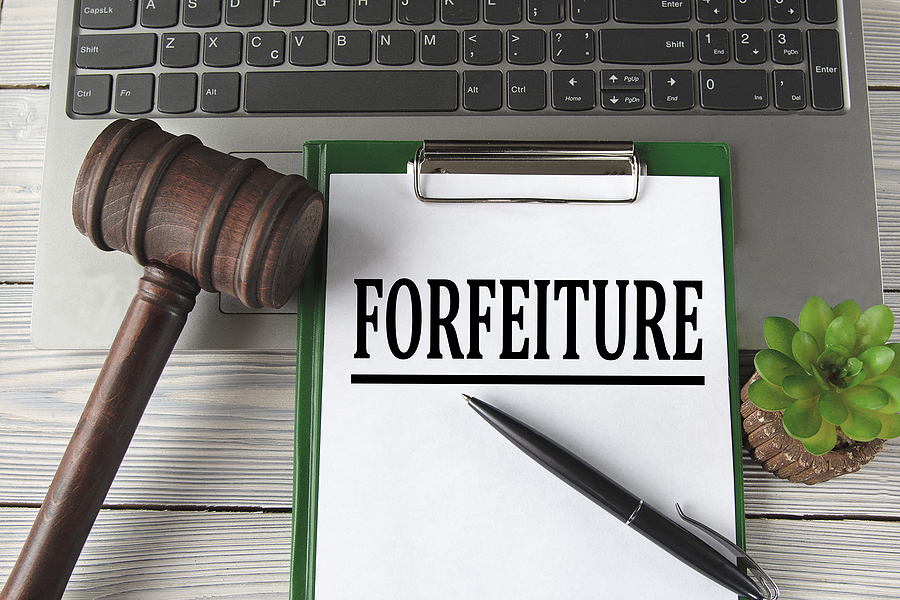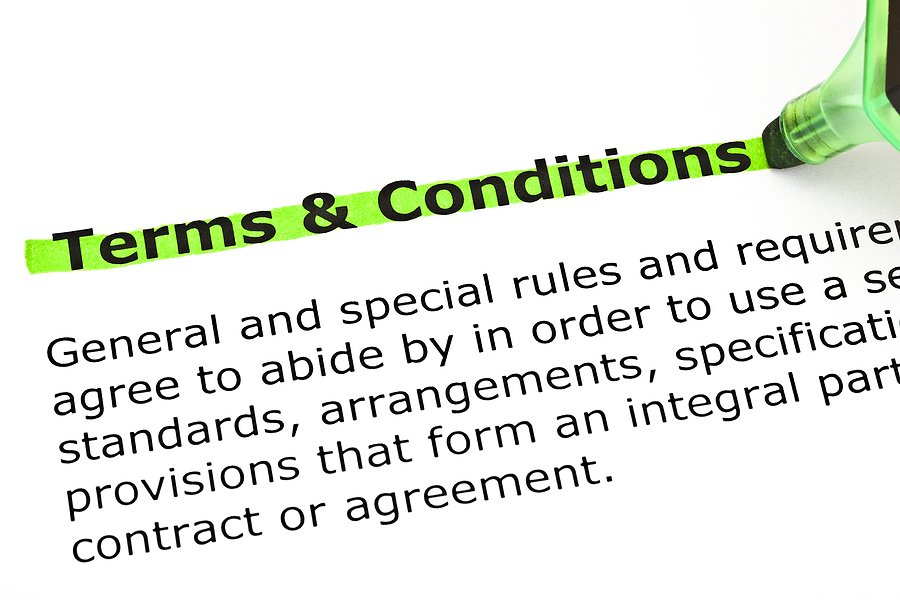Understanding legal processes can be daunting, especially when it comes to bail forfeiture. If you’re an Indiana resident, a bail bond seeker, or someone currently out on bail, this guide is tailored for you. We’re here to demystify the intricacies of bail forfeiture in Indiana, offering insights and practical advice to help you manage this challenging situation effectively.

What is Bail Forfeiture?
Bail forfeiture might sound complex, but it’s essentially what happens when someone fails to comply with the terms of their bail. In Indiana, as in most states, bail is a financial assurance that the accused will appear in court when required. When they don’t, this bond can be forfeited. This section aims to provide a foundational understanding of what bail forfeiture entails, why it occurs, and its implications for those involved.
When a defendant is granted bail, it’s generally contingent upon their adherence to specific conditions, most notably showing up for all scheduled court appearances. If these conditions are breached, the court may demand the bail amount as a penalty, a process known as bail forfeiture. It’s crucial for individuals out on bail to comprehend this concept, as it directly impacts both their financial situation and legal standing.
Understanding bail forfeiture isn’t just about grasping what happens if you miss a court date. It involves recognizing the broader implications, such as how it affects your legal rights and responsibilities. Being informed can help Indiana residents and bail bond seekers make educated decisions and potentially avoid the pitfalls of forfeiture.
How Bail is Forfeited in Indiana
Navigating the bail forfeiture process in Indiana involves several steps, each with its own legal nuances. Familiarizing yourself with these steps ensures you can respond appropriately if faced with forfeiture.
The first step in the bail forfeiture process is typically the issuance of a bench warrant when a defendant fails to appear in court. This signals the beginning of the forfeiture procedure, as the court seeks to uphold its authority and ensure compliance. At this point, the defendant’s bail may be at risk, requiring immediate attention to address the situation.
Next, the court will notify the surety—the entity or individual who provided the bail—of the impending forfeiture. This notification is a critical juncture, offering an opportunity to rectify the situation and avoid forfeiture. Understanding the legal steps available, such as proving a valid reason for the absence, can be pivotal in preventing the loss of bail.
Finally, if the court proceeds with forfeiture, the full bail amount becomes due. It’s essential to understand that this process isn’t necessarily irreversible. With appropriate legal guidance, there may be avenues for appeal or negotiation, which can mitigate the financial and legal impact on the accused and their surety.
Reasons for Bail Forfeiture
Bail forfeiture can result from various triggers, some more common than others. Knowing these triggers helps you avoid falling into the pitfalls that lead to forfeiture. Let’s explore some of the frequent causes and offer strategies to steer clear of them.
A primary reason for bail forfeiture is a failure to appear in court. This might seem straightforward, but numerous factors, such as misunderstanding court dates or logistical challenges, can contribute to this oversight. Staying organized and in regular contact with your legal representative can help in mitigating this risk.
Another trigger for forfeiture is violating other bail conditions, such as engaging in criminal activity or leaving a designated area without permission. These conditions are in place to ensure the defendant remains accountable and accessible to the court. Awareness and strict compliance with all bail conditions are key to preventing forfeiture.
Lastly, communication breakdowns between the accused, their attorney, and the surety can also lead to forfeiture. Maintaining open channels of communication and promptly addressing any potential issues is vital. This proactive approach can significantly reduce the chances of facing bail forfeiture in Indiana.
Rights and Responsibilities of All Parties
Understanding the rights and responsibilities of all parties involved in bail forfeiture is crucial to navigating the process effectively. For the accused, the primary responsibility is to adhere to the bail conditions set forth by the court. This includes appearing at all scheduled hearings and complying with any additional terms. In return, the accused has the right to a fair process, including the opportunity to contest the forfeiture if circumstances warrant.
The surety, often a bail bondsman, also has specific responsibilities. They must ensure the defendant’s compliance and act as a liaison with the court if issues arise. In case of forfeiture, the surety has the right to seek resolution, whether through negotiation or legal intervention, to potentially recover the forfeited bail.
The court’s role is to oversee and enforce the bail agreement, ensuring that justice is upheld. While the court has the authority to initiate forfeiture, it also bears the responsibility to consider any valid defenses or explanations provided by the accused or surety. This balance of power and accountability is fundamental to the fairness of the bail forfeiture process.
The Role of Bail Bondsmen in the Forfeiture Process
Bail bondsmen play a pivotal role in the bail forfeiture process, acting as both a financial resource and an intermediary for the accused. Understanding their role can provide clarity on how they influence and aid in navigating bail-related challenges.
A bail bondsman provides the surety needed for an accused individual to be released from custody. They assume responsibility for the defendant’s compliance with bail conditions, making them a key player in preventing forfeiture. If forfeiture looms, the bondsman often takes proactive measures to locate and present the accused in court.
In the event of forfeiture, the financial implications for the accused can be significant. The bondsman may initiate recovery actions to recoup the bail amount, which can add stress and urgency to an already complex situation. However, working closely with a bondsman who understands the legal landscape can offer pathways to resolve issues amicably.
For the accused, building a strong relationship with their bondsman is advantageous. Open communication and mutual understanding can lead to better coordination and support, reducing the likelihood of facing forfeiture and its associated consequences.
How to Navigate Bail Forfeiture
When confronted with bail forfeiture, knowing how to respond can make a world of difference. This section provides expert tips and legal options to help you manage and possibly overturn a forfeiture decision. First, seek legal counsel immediately. An experienced attorney can assess your situation, guide you through the legal steps necessary to contest the forfeiture, and potentially negotiate with the court on your behalf. Legal expertise is invaluable in navigating the complexities of bail forfeiture.
Consider filing a motion to set aside the forfeiture if there is a valid reason for missing a court appearance. This motion provides an opportunity to explain extenuating circumstances, such as a medical emergency or other unavoidable events. Presenting compelling evidence can sway the court’s decision in your favor.
Lastly, explore settlement options with the surety provider and court. Depending on the circumstances, there might be room for negotiation, allowing you to resolve the issue without the full financial burden of forfeiture. This approach requires clear communication and a willingness to collaborate with all parties involved.
Conclusion
Bail forfeiture is a critical aspect of the legal system that directly impacts individuals and their communities. By understanding its nuances and responsibilities, Indiana residents and bail bond seekers can better protect themselves and make informed decisions.
Knowledge is power. By being proactive, staying informed, and seeking appropriate legal assistance, you can effectively manage bail forfeiture and its implications. Engage with your local legal resources, educate yourself on your rights, and connect with others who share similar experiences.
For those seeking further guidance, consider reaching out to legal professionals specializing in bail forfeiture who can provide tailored advice and support. Empowering yourself with this knowledge not only safeguards your interests but also strengthens the community’s collective ability to handle bail-related challenges.
If you or a loved one needs help with bail bond services, there are a number of resources available. Start by contacting Woods Bail Bonds at 317-876-9600 for 24 hour bail bond services in Marion County you can trust. We also offer prearranged bail bond service for arrest warrants.
Related Posts:
10 Questions You Need to Ask Your Indianapolis Bail Bondsman
Navigating Bail Revocation in Indiana: A Guide for Defendants
When Bail CANNOT Be Revoked



